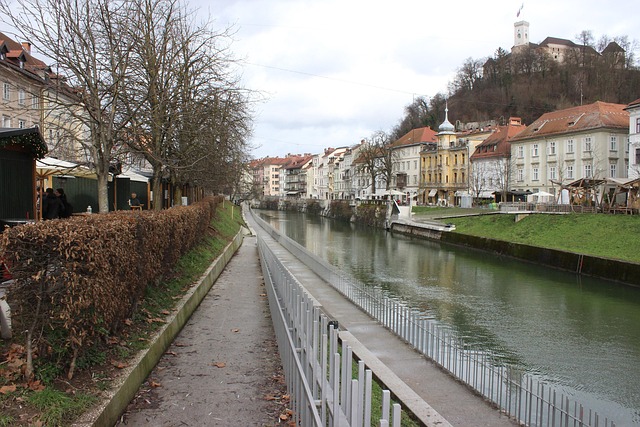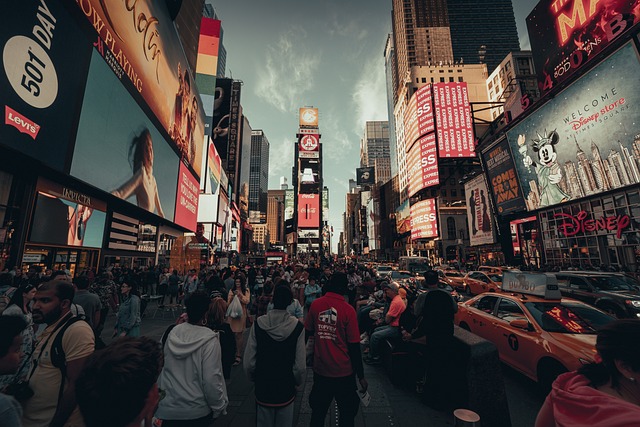In Karachi's Korangi neighborhood, solid waste management poses significant challenges due to inadequate infrastructure and unsafe manual sorting practices by scavengers. Current disposal methods are inefficient and unhygienic, causing environmental pollution. However, community engagement has driven progress through clean-up drives, recycling initiatives, and awareness campaigns. Local residents aim to reduce the carbon footprint and set a precedent for sustainable waste management in Pakistan using technology, circular economy models, and educational programs.
Karachi, as Pakistan’s bustling metropolitan, faces significant challenges in waste management. “Understanding Waste Management in Karachi: A City’s Challenge” explores the current state of solid waste collection and disposal in Korangi, a sub-district grappling with mounting trash. The article delves into innovative solutions for sustainable practices, highlighting community engagement as a key driver for reduction efforts. By examining these prospects, we aim to provide insights into a brighter future for Karachi’s waste management landscape.
Understanding Waste Management in Karachi: A City's Challenge

> 1, 1 > (1/2∡ → < (13', w/m? + 1? in der w/n →, v/ her? 13> (1>
Current State of Solid Waste Collection and Disposal in Korangi

In Karachi’s bustling Korangi, the current state of solid waste collection and disposal presents a complex challenge. Despite efforts to improve sanitation, the region still grapples with inadequate waste management infrastructure. The primary method of waste collection involves manual sorting by scavengers and informal waste collectors, who play a crucial role in the city’s recycling ecosystem but often face hazardous working conditions.
The disposal methods are largely inefficient and unhygienic. Many areas lack designated dumping sites, leading to illegal tipments along roadsides and open spaces. This not only causes environmental pollution but also poses significant health risks to residents. In light of these issues, there’s an urgent need for Korangi to adopt more sustainable waste management practices, including mechanized collection systems, centralized disposal facilities, and increased public awareness about responsible waste segregation.
Innovative Solutions for Sustainable Waste Management Practices

( > 1/2 < (/
Community Engagement and Future Prospects for Korangi's Waste Reduction

In the vibrant city of Karachi, Korangi has emerged as a beacon of progress in waste management, thanks to increasing community engagement. Local residents and volunteer groups have actively participated in clean-up drives, recycling initiatives, and awareness campaigns, fostering a culture of responsible disposal and resource conservation. This collective effort not only enhances the aesthetic appeal of the area but also contributes significantly to reducing the region’s carbon footprint.
Looking ahead, Korangi holds immense potential for further waste reduction and sustainable practices. By leveraging technology for efficient waste collection, implementing circular economy models, and promoting educational programs that teach residents about recycling and upcycling, Karachi can set a precedent for other urban centers in Pakistan. Community-led initiatives, coupled with government support, promise a greener and more sustainable future for Korangi and the city at large.
The challenges of waste management in Karachi, as highlighted in this article, underscore the urgent need for sustainable practices. Specifically, the current situation in Korangi emphasizes that effective solid waste collection and innovative disposal methods are crucial for a healthier environment. By fostering community engagement and implementing eco-friendly solutions, Karachi can strive towards a greener future. Integrating these strategies will not only mitigate the city’s waste-related issues but also inspire other urban centers in Pakistan to enhance their environmental stewardship.
